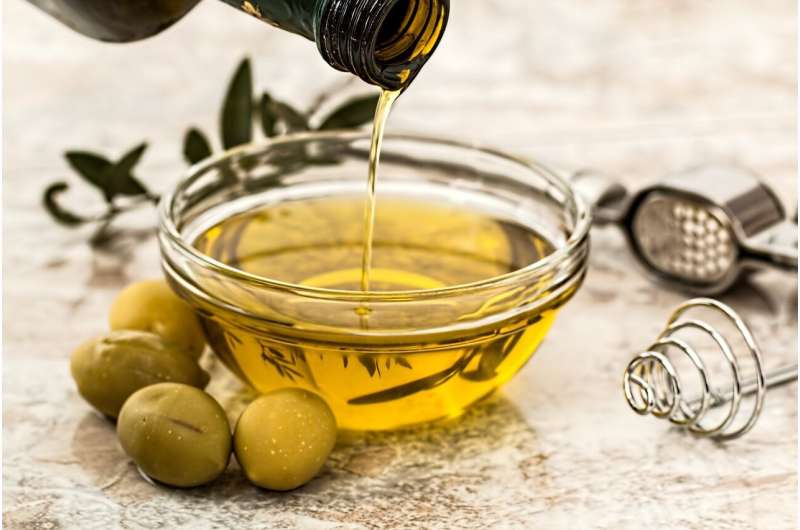One in Five US Packaged Foods and Drinks Contain Synthetic Food Dyes, New Study Finds

A new study finds that nearly 20% of packaged foods and beverages in the US contain synthetic dyes, raising health concerns. Experts call for stronger regulations and better consumer awareness.
Recent research analyzing nearly 40,000 products from US grocery stores reveals that approximately 19% of packaged foods and beverages contain synthetic food dyes. This significant prevalence raises health and safety concerns, particularly because these dyes are often used to enhance the visual appeal of products, especially those marketed to children. The study, published in the Journal of the Academy of Nutrition and Dietetics, evaluates ingredient data from the top 25 US food manufacturers, focusing on the most popular categories among children such as confectionery, sugar-sweetened beverages, ready-to-eat meals, breakfast cereals, and baked goods like cookies and pastries.
Findings show that products in these categories are more likely to contain synthetic dyes, present in 28% of products, compared to just 11% in other categories. Additionally, products containing dyes tend to have higher sugar content, with an average of 33.3 grams per 100 grams—more than double the 13.8 grams in products without dyes. Researchers expressed concern about the continued use of these additives, citing evidence linking synthetic dyes to behavioral issues such as hyperactivity and inattention.
Experts from The George Institute, the University of North Carolina, and the Center for Science in the Public Interest point out that while synthetic dyes are unnecessary in the US food supply, progress towards banning or reformulating products containing these dyes has been slow. Currently, some companies like Ferrero and Mars have a high percentage of products with synthetic dyes, with 60% and 52%, respectively. Energy and sports drinks from brands such as PepsiCo also have a high prevalence.
Advocates argue that implementing warning labels on foods containing synthetic dyes, akin to EU regulations, could motivate manufacturers to reduce their use. Meanwhile, several US states are working on legislation to restrict or ban synthetic dyes, guided by recent research findings. Consumers and parents are advised to routinely check ingredient labels and avoid products with synthetic dyes or high sugar content to minimize health risks. Policymakers are encouraged to strengthen regulatory measures to protect public health from unnecessary food additives.
For more detailed information, refer to the full study in the Journal of the Academy of Nutrition and Dietetics: DOI: 10.1016/j.jand.2025.05.007.
Stay Updated with Mia's Feed
Get the latest health & wellness insights delivered straight to your inbox.
Related Articles
School Lunches Promote Better Eating Habits in Picky Teenagers, New Research Finds
A new study reveals that school dinners can encourage picky 13-year-olds to diversify their diet and develop healthier eating habits, highlighting the importance of school meal programs for long-term health.
Choosing the Right Fats: Key to a Healthy Diet
Learn how to improve your diet by choosing healthy fats. Discover the differences between saturated and unsaturated fats, their impact on health, and tips to balance fat intake through nutritious food choices.
Seattle’s Food Program Boosts Fruit and Vegetable Consumption and Food Security
Seattle’s Fresh Bucks program significantly increases fruit and vegetable consumption and food security among low-income households, demonstrating the power of targeted financial aid for healthier diets.
Online Kids' Videos Flooded with Unhealthy Food Promotions
Children frequently encounter misleading junk food promotions embedded in YouTube and YouTube Kids videos, raising concerns about digital marketing impacts on young health. Read more about the hidden marketing tactics targeting kids and the need for stricter regulations.



